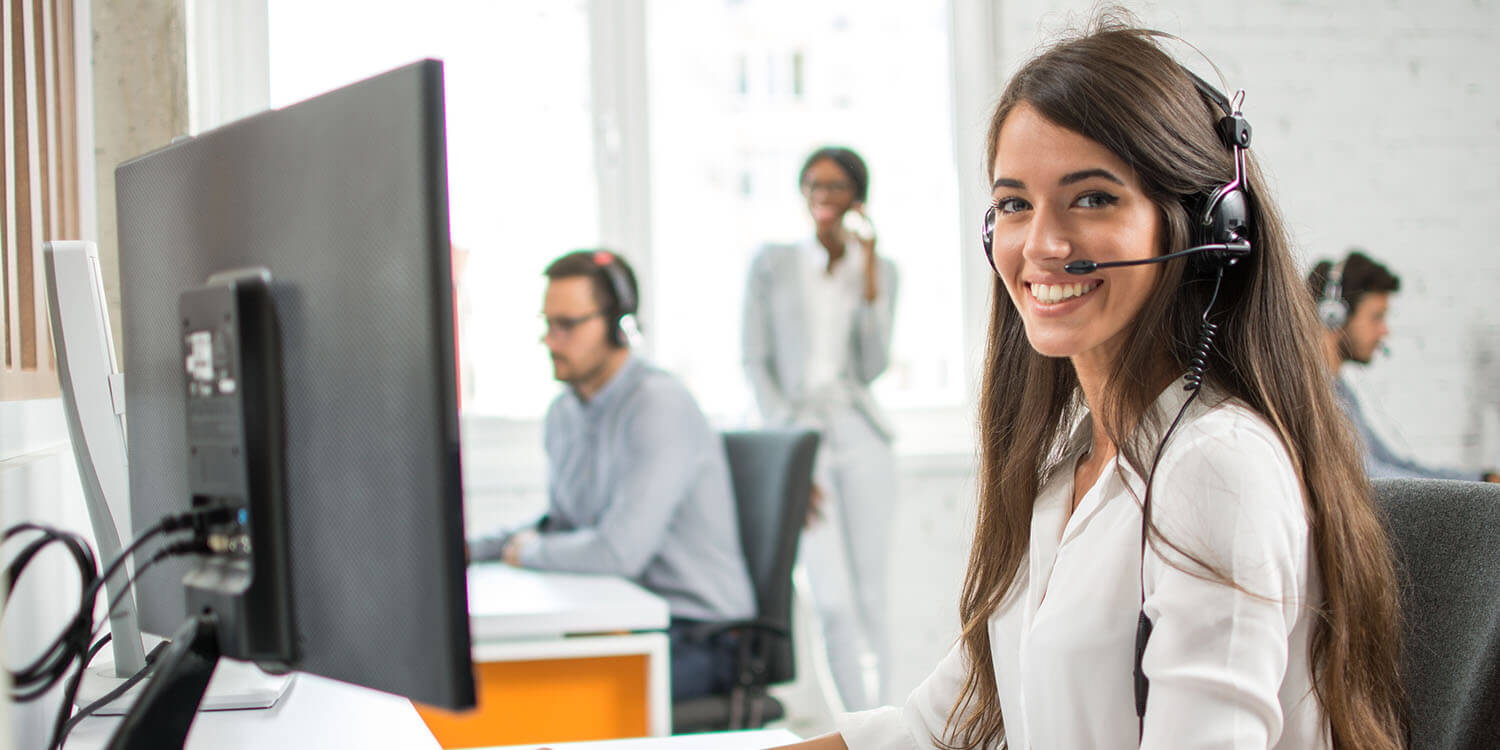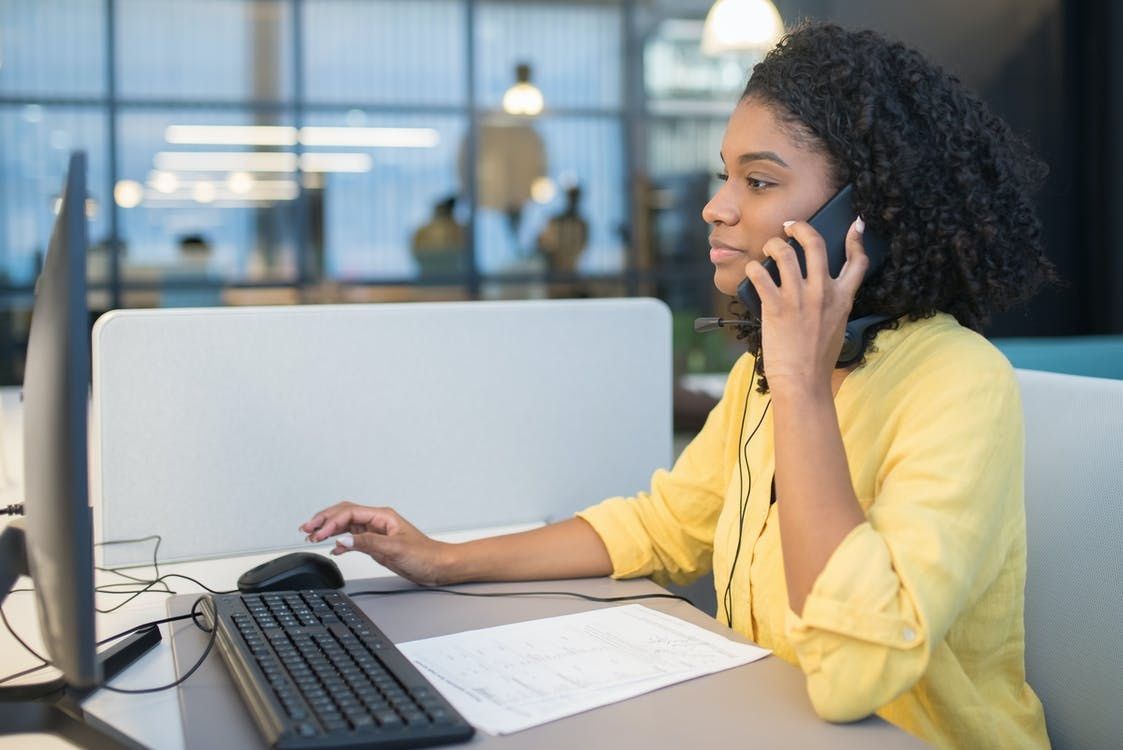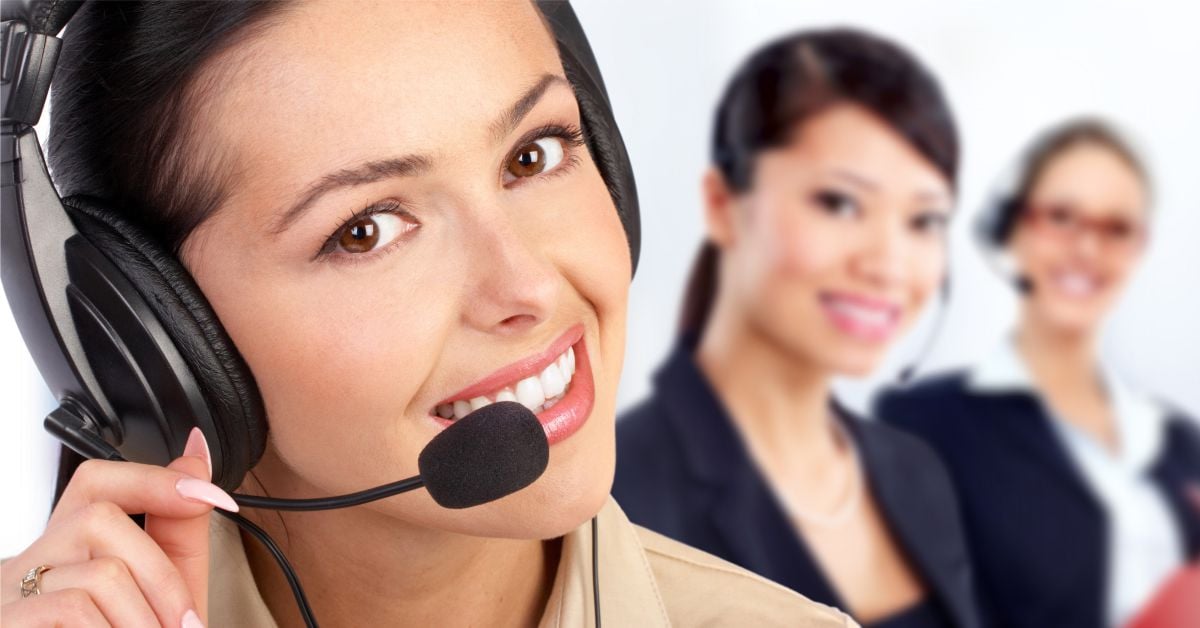All Categories
Featured
Table of Contents
- – How Much Is The New Call Service: 24/7 Live Pho...
- – Who Is The Best Benefits Of Answering Service ...
- – When Are Best The Benefits Of Secretarial And ...
- – Whats The Best What Is The Difference Between...
- – Who Is The Best What Are Call Answering Servi...
- – What Is The Best A Guide To Using Automated ...
How Much Is The New Call Service: 24/7 Live Phone Answering Services For Small ...?
This device and its followers were designed by Sava Jacobson, an electrical engineer with a personal consulting business. While early voice mail used magnetic tape technology, a lot of modern-day equipment utilizes solid state memory storage; some gadgets use a combination of both, with a solid-state circuit for the outgoing message and a cassette for the incoming messages.
"toll conserving" below) (answering service). This works if the owner is evaluating calls and does not want to talk with all callers. In any case after going, the calling celebration ought to be informed about the call having actually been addressed (for the most part this begins the charging), either by some remark of the operator, or by some welcoming message of the little, or resolved to non-human callers (e.
This holds particularly for the Littles with digitally saved greeting messages or for earlier machines (prior to the increase of microcassettes) with an unique endless loop tape, different from a second cassette, dedicated to recording. There have actually been answer-only gadgets without any recording abilities, where the greeting message needed to inform callers of a state of present unattainability, or e (reception services).
Who Is The Best Benefits Of Answering Service - Professional Services Provider

about accessibility hours. In recording TADs the greeting normally consists of an invite to leave a message "after the beep". An answering machine that uses a microcassette to tape-record messages On a dual-cassette answerphone, there is an outgoing cassette, which after the defined number of rings plays a pre-recorded message to the caller.

Single-cassette voice mail consist of the outgoing message at the beginning of the tape and inbound messages on the remaining area. They initially play the statement, then fast-forward to the next offered space for recording, then record the caller's message. If there are numerous previous messages, fast-forwarding through them can trigger a substantial delay.
This beep is often referred to in the greeting message, requesting that the caller leave a message "after the beep". TADs with digital storage for the taped messages do disappoint this hold-up, obviously. A little may offer a push-button control center, where the answerphone owner can ring the house number and, by going into a code on the remote telephone's keypad, can listen to recorded messages, or delete them, even when away from home.
When Are Best The Benefits Of Secretarial And Telephone Answering ... Sales

Thereby the device increases the number of rings after which it answers the call (usually by two, leading to 4 rings), if no unread messages are currently kept, however answers after the set number of rings (usually 2) if there are unread messages. This permits the owner to learn whether there are messages waiting; if there are none, the owner can hang up the phone on the, e.
Some machines also allow themselves to be remotely triggered, if they have been changed off, by calling and letting the phone ring a certain a great deal of times (normally 10-15). Some provider abandon calls currently after a smaller number of rings, making remote activation difficult. In the early days of Little bits an unique transmitter for DTMF tones (dual-tone multi-frequency signalling) was regionally needed for remote control, since the previously employed pulse dialling is not apt to convey appropriate signalling along an active connection, and the dual-tone multi-frequency signalling was executed stepwise.
Any incoming call is not recognizable with regard to these properties in advance of going "off hook" by the terminal devices. So after going off hook the calls must be switched to appropriate gadgets and just the voice-type is instantly accessible to a human, however maybe, nevertheless need to be routed to a LITTLE BIT (e.
Whats The Best What Is The Difference Between An Answering Service And ... To Buy
What if I informed you that you do not have to really get your gadget when responding to a customer call? Another person will. So hassle-free, right? Addressing telephone call does not require someone to be on the other end of the line. Efficient automated phone systems can do the trick simply as effectively as a live agent and in some cases even much better.
An automatic answering service or interactive voice reaction system is a phone system that interacts with callers without a live individual on the line - call answering services. When business utilize this technology, consumers can get the response to a question about your company simply by utilizing interactions set up on a pre-programmed call circulation.
Although live operators update the customer support experience, many calls do not require human interaction. A simple recorded message or instructions on how a client can retrieve a piece of details typically fixes a caller's immediate need - local phone answering service. Automated answering services are a simple and reliable method to direct incoming calls to the right individual.
Who Is The Best What Are Call Answering Services? - Explained
Notification that when you call a company, either for support or product inquiry, the very first thing you will hear is a pre-recorded voice welcoming and a series of choices like press 1 for customer care, press 2 for queries, and so on. The pre-recorded choices branch out to other choices depending on the client's choice.
The phone tree system helps direct callers to the right person or department utilizing the keypad on a mobile phone. In some instances, callers can utilize their voices. It deserves noting that auto-attendant options aren't limited to the 10 numbers on a phone's keypad. As soon as the caller has picked their first alternative, you can design a multi-level auto-attendant that uses sub-menus to direct the caller to the best kind of help.
The caller does not need to communicate with an individual if the auto-attendant phone system can handle their concern. The automatic service can path callers to a staff member if they reach a "dead end" and need support from a live agent. It is costly to work with an operator or executive assistant.
What Is The Best A Guide To Using Automated Answering Systems Software?
Automated answering services, on the other hand, are considerably less costly and supply significant expense savings at an average of $200-$420/month. Even if you don't have actually dedicated staff to handle call routing and management, an automatic answering service enhances efficiency by permitting your team to concentrate on their strengths so they can more efficiently spend their time on the phone.
A sales lead routed to client service is a lost shot. If a client who has product questions reaches the wrong department or gets incomplete responses from well-meaning workers who are less trained to manage a specific kind of concern, it can be a cause of disappointment and frustration. An automatic answering system can reduce the variety of misrouted calls, consequently helping your workers make much better usage of their phone time while maximizing time in their calendar for other tasks.
With Automated Answering Systems, you can develop a tailored experience for both your personnel and your callers. Make a recording of your primary welcoming, and merely upgrade it routinely to show what is going on in your organization. You can produce as numerous departments or menu alternatives as you want.
Table of Contents
- – How Much Is The New Call Service: 24/7 Live Pho...
- – Who Is The Best Benefits Of Answering Service ...
- – When Are Best The Benefits Of Secretarial And ...
- – Whats The Best What Is The Difference Between...
- – Who Is The Best What Are Call Answering Servi...
- – What Is The Best A Guide To Using Automated ...
Latest Posts
Effective Virtual Assistant Phone Answering – Adelaide
Value Ai Answering System – Hunter
Professional After Hours Answering Service
More
Latest Posts
Effective Virtual Assistant Phone Answering – Adelaide
Value Ai Answering System – Hunter
Professional After Hours Answering Service